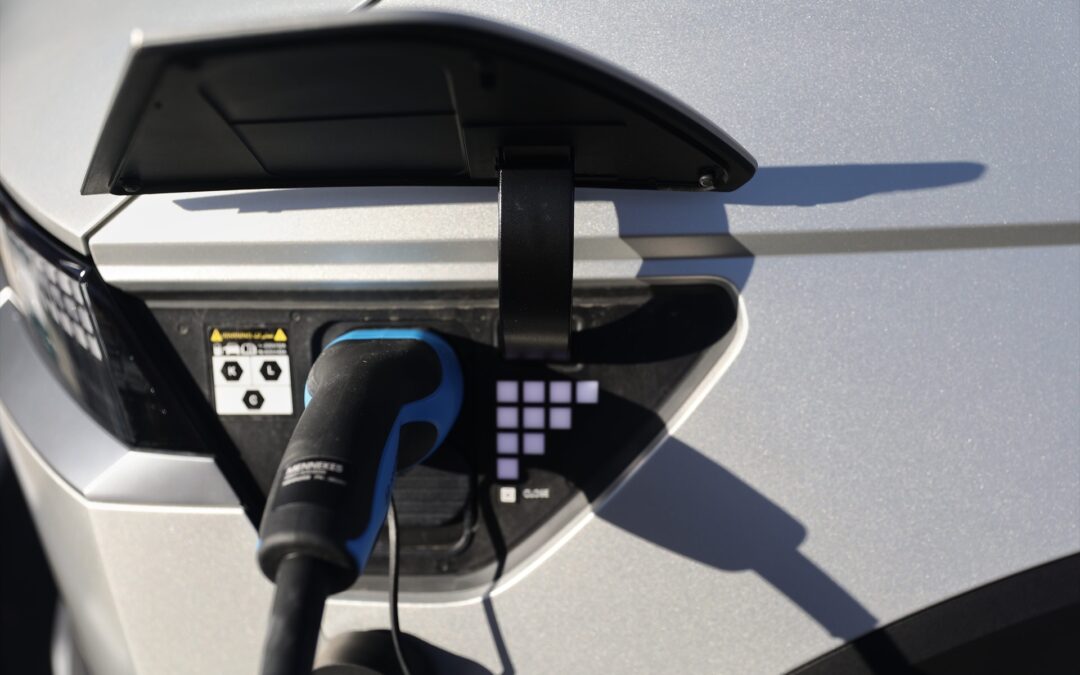Prague – Possible imposition of trade tariffs on the import of electric cars from China does not solve problems with Chinese competition and may, on the contrary, prove counterproductive. This was stated by the Association of the Automotive Industry, which represents domestic car manufacturers. Based on initial findings, the European Commission wants to impose tariffs on the import of electric cars manufactured in China, amounting to an additional 17.4 to 38.1 percent on top of the existing ten percent value.
Association representatives believe that China will begin to apply retaliatory measures against Europe and the USA, further worsening the already tense trade relations. For Europe, the Chinese market represents the third-largest export destination, and the situation of Europe and its supply-production chains is different from the USA.
According to the executive director of the association Zdeněk Petzl, the aspect that state representatives should not overlook is related to the import of raw materials and components from China. More than 90 percent of key materials for the production of electric vehicles, including the batteries themselves, are imported by European car manufacturers from China. An increase in the prices of these imports or their blockade would be a significant problem for domestic manufacturers in terms of fulfilling the EU’s ambitious plans to reduce carbon dioxide emissions. According to Petzl, Europe currently does not have a reliable plan for being self-sufficient in all the mined materials and components needed for the production of electric cars, or how to secure them elsewhere. Many companies also manufacture their products in China and export them to Europe. Possible tariffs would therefore also apply to these companies.
“The introduction of new tariff measures will certainly be felt by Chinese manufacturers and may slow down their expansion; however, we do not expect it to have an impact on the subsidy policy in China. Companies that currently manufacture electric cars for Europe in China will certainly be able to adapt and continue penetrating the market, whether through local investments, collaborations with local partners, or moving production to other countries,” noted Petzl. He believes that a systematic approach that supports the strengths of the European industry, increases its competitiveness, and opens new markets would be a solution.
For the European Commission now, it is a big question of how it will continue to respond to virtually certain Chinese retaliatory measures. These will primarily harm German premium brands,” noted industry expert Petr Knap. According to Trinity Bank economist Lukáš Kovanda, the announced increase in tariffs could significantly harm the German automotive industry. “Thus, also the Czech economy, which is a key subcontractor to the German automotive industry. And the EU tariffs are much lower than those imposed by the United States on Chinese electric cars,” he said.
 go to the original language article
go to the original language article
